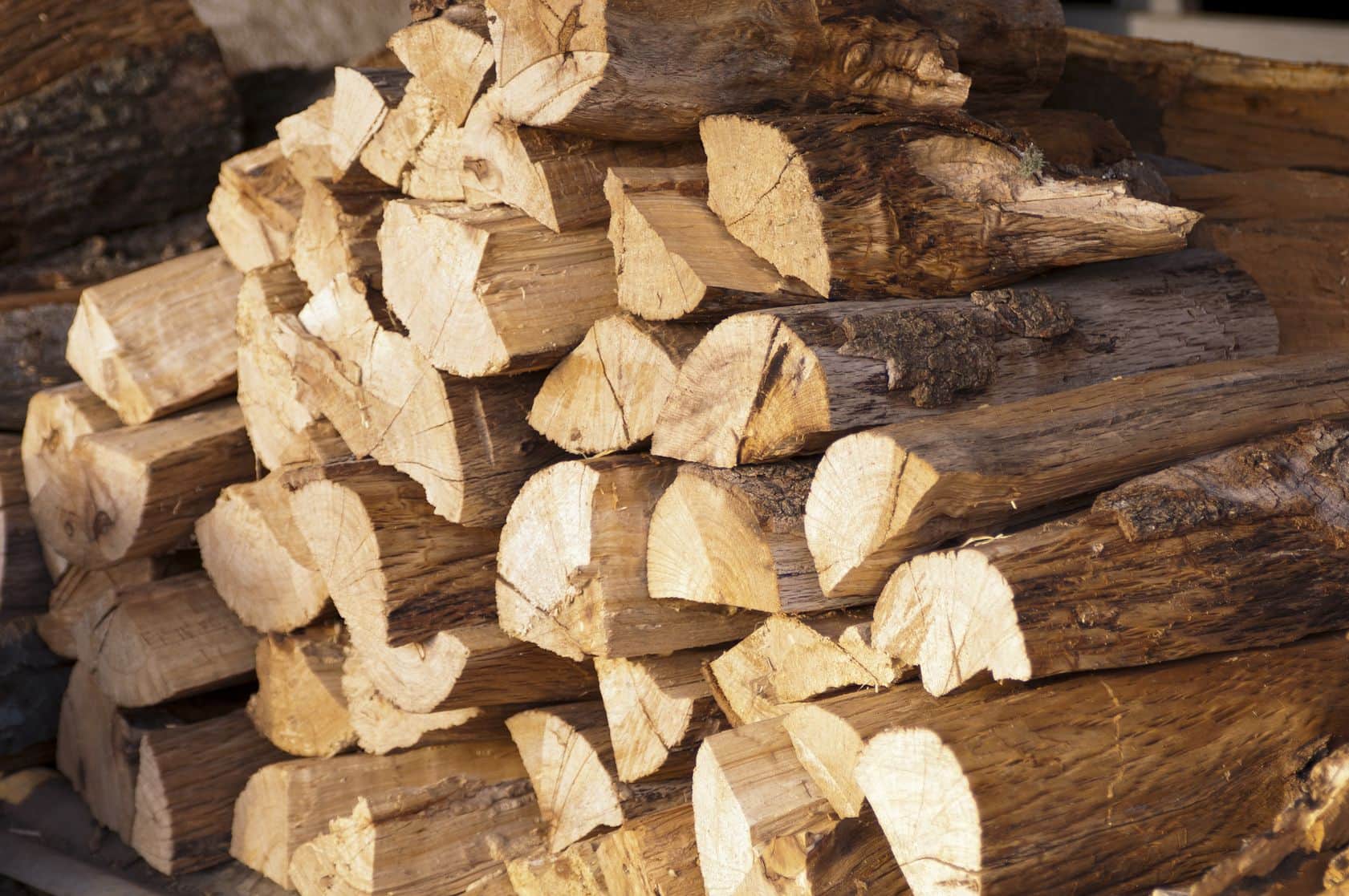If you’ve heard scratching and other noises in your wall at night, the good news is that your house probably isn’t haunted. But don’t celebrate yet. Noises in the walls are a common indicator that pests have moved into your home.

How can you know for sure?
Signs That Animals Are in Your Walls
Hearing scratching or noises in the walls is one of the many signs of having rodents living in your walls. Keep in mind that the timing of the sounds could help you figure out what sort of critters you’re dealing with or if it’s just a tree limb rubbing against the house on a windy day or night.
Mice and rats are nocturnal, so you’ll most likely hear scratching in walls once the sun has set and the house has quieted down. Squirrels, on the other hand, are diurnal, meaning they’re awake and active during the day.
In addition to noises in the walls, there are some other signs that animals have set up camp in your home, including:
- Droppings: Squirrel and rat droppings are very similar, although squirrel scat tends to be left in clusters and is lighter in color. Mouse droppings are about 1/8 of an inch long with tapered ends and are black in color.
- Sightings: If you see a mouse or rat in your home, there’s a good chance it’s not alone.
- Signs of chewing: Does your insulation look like it’s been disturbed? Or maybe you’ve found wooden spoons or plastic containers that have been gnawed on? Then you probably have an unwelcome house guest.
- Smell: Rats typically leave urine everywhere they travel, and the smell can be strong. So, if you have an infestation in your home, then you may be able to smell rat urine, or even their droppings.
What to Do if You Hear Noises in the Walls
If you’re being treated to the sounds of scratching and gnawing, there may be a chance you have animals like mice, rats or squirrels in the walls. However, removing wildlife from your home is not something you should attempt to do yourself.
It’s best to leave wildlife control to the professionals, like Terminix, so that a trained technician can evaluate the situation and then work with you to tailor a prevention and control plan that suits your needs. That being said, there are several things you can do to help prevent hearing noises in the walls in the first place:
- If you live in a warm climate, fix any leaky outdoor faucets so you’re not providing pests with a water source.
- Inspect your home for any holes that pests could use as entry points. If you see any, have a professional properly seal them. Or better yet, have a professional do the inspection for you.
- Try to keep your gutters and yard free of all debris, including acorns, fallen fruit, gardens that have gone to seed, pinecones and so forth.
- Keep vining plants, shrubs and tree branches trimmed so that they don’t provide access to your home.
- Don’t leave pet food or water outside at night.
- Tightly tie trash bags and keep the lids to your trash cans secured.
- Keep a tidy home, especially in the kitchen. Don’t leave food out, and be sure to clean up spills and crumbs. Remember to sweep by your fridge, stove and trash can, wipe under toaster ovens and around rice cookers, and empty tray crumbs in toasters.
- Store food (including pet food) in containers made of metal or glass so that you’re not providing pests with an all-they-can-eat buffet.
- Stack firewood or leaf piles far away from your home.

While mice, rats, bats and squirrels are some of the most common home invaders, they aren’t the only animals you might encounter. Other creatures, like raccoons and opossums, are also known to break and enter. To figure out which is responsible for the noises in your walls, schedule a home inspection with a wildlife pest control service.


